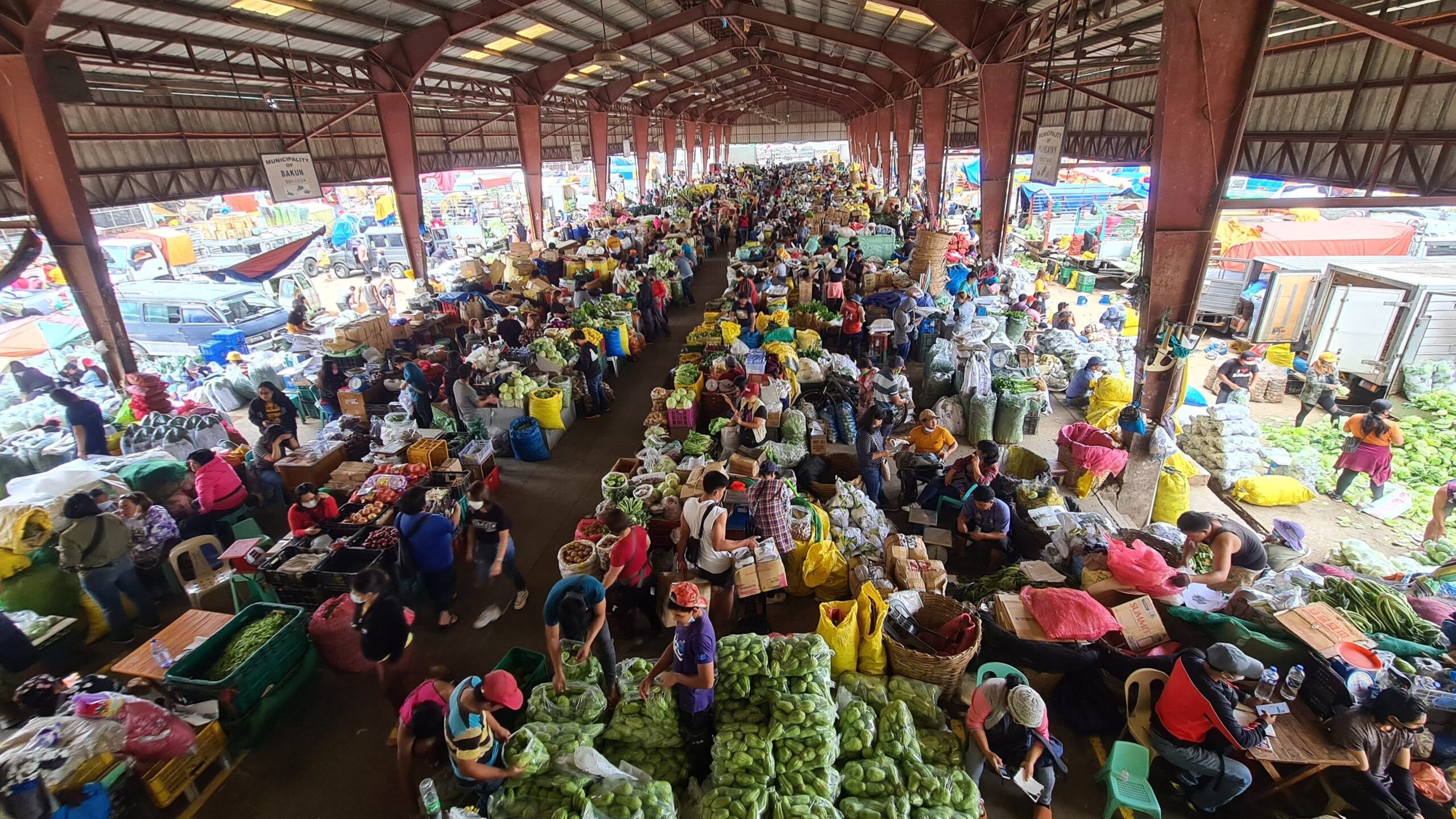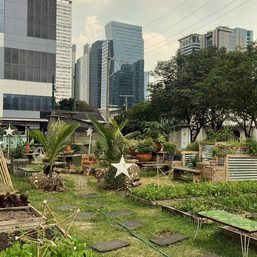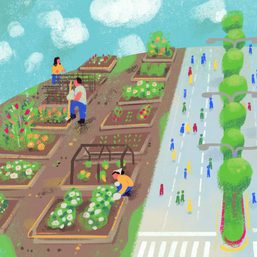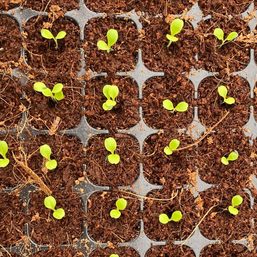SUMMARY
This is AI generated summarization, which may have errors. For context, always refer to the full article.

BAGUIO, Philippines – Agriculture officials in the Cordillera said on Tuesday, January 9, that oversupply did not lead to a drop in highland vegetable prices in the region.
In a statement released on Wednesday, January 9, the Department of Agriculture in the Cordillera Administrative Region (DA-CAR) said the abnormal trading activities causing the plummet in prices resulted from the lack of buyers from December 28 to January 3.
During a stakeholders’ meeting convened by the DA-CAR on Tuesday, officials showed data about a 6.8% decline in cabbage production and a mere 1.10% growth in the Chinese cabbage harvest during the same period.
“The unsold vegetables that were brought to the trading posts on January 1 to 3 due to the lesser number of buyers eventually deteriorated in quality, and this was the reason they were being either given free or sold at a lower price,” DA-CAR said.
DA-CAR Information Officer Aida Pagtan explained that the events of the first three days of January were ‘unusual, not something the buyers were accustomed to.’
For years, groups like the League of Associations at La Trinidad Vegetable Trading Areas Incorporated (LTVTA) have blamed importation and smuggling for flooding the domestic market with cheaper vegetables.
Pagtan said importation had nothing to do with the current predicament, especially in the case of cabbage. She noted that information provided by the Bureau of Plant Industry (BPI) on imported agricultural products last year did not include cabbage.
“We have only a few carrots from the US and Australia. For potatoes, it is the big food companies that have import requests… even cauliflower and broccoli are small in volume,” she said.
According to the list of allowable fresh fruits and vegetable imports from the National Plant Quarantine Services Division, an office under the BPI, only the US can export cabbage to the country.
Domestic traders may also import highland vegetables like lettuce, carrots, broccoli, and cauliflower from Australia, New Zealand, and the US.
Based on the office’s online database, there are at least 76 and 45 licensed importers of carrots and cabbage, respectively.
However, Pagtan admitted that they have not tracked those entering the local market illegally, a concern raised by LTVTA as a reason for the farmers’ woes.
In its 2023 midyear accomplishment report, the Bureau of Customs (BoC) said it confiscated smuggled agricultural products worth P2.9 billion, higher than the P2 billion worth of seizures in 2022.
Government response
DA-CAR has initiated measures to salvage the harvested vegetables, particularly cabbage. As of January 9, the office has facilitated the sale of 29.4 metric tons of cabbage, including those delivered in NCR and other Cordillera provinces through the efforts of the Anglican church.
The DA is planning to set up Kadiwa outlets in towns that are not planting highland vegetables. The office is also looking to work with the local governments for ordinances on vegetable dumping, crop production zoning, and marketing partnerships with farmers.
It said it was considering a proposal to set up trading centers in the Mountain Province and Region 3, and the improvement of the post-harvest processing capacity of the Benguet Agri-Pinoy Trading Center (BAPTC).
On Tuesday, LTVTA spokesperson Agot Balanoy acknowledged the efforts of DA-CAR, saying they have been coordinating with the office to address their concerns.
“The DA region is very responsive, but if there’s something that cannot be addressed locally, it is endorsed to the national office,” she said.
‘More can be done’
Balanoy, however, said the DA and local governments could do better by setting aside “emergency funds” in their annual budgets to buy excess vegetable supplies in the future.
“They could purchase unsold vegetables from farmers, at least covering the production cost, and sell them to other LGUs (local government units) or coordinate within the regions,” she said.
Balanoy also urged the national government to form the anti-smuggling task force again, which they worked with during the Duterte administration.
Lastly, Balanoy said, officials should rein in imports, adding, “It is not the right solution to lower the prices of vegetables.”
“If you look at the flow, the farmgate prices are low. If you allow imports to enter to lower the price but the farmgate remains the same, you are not solving the problem. What this will do is kill the farmers,” she said.
Balanoy added, “The reason why the prices of our vegetables are high is because of the layers of middlemen in Manila before the vegetables reach the consumers.”
Instead of focusing on imports, Balanoy said authorities should help farmers in lowering their production and transportation expenses. – Rappler.com
Add a comment
How does this make you feel?














There are no comments yet. Add your comment to start the conversation.